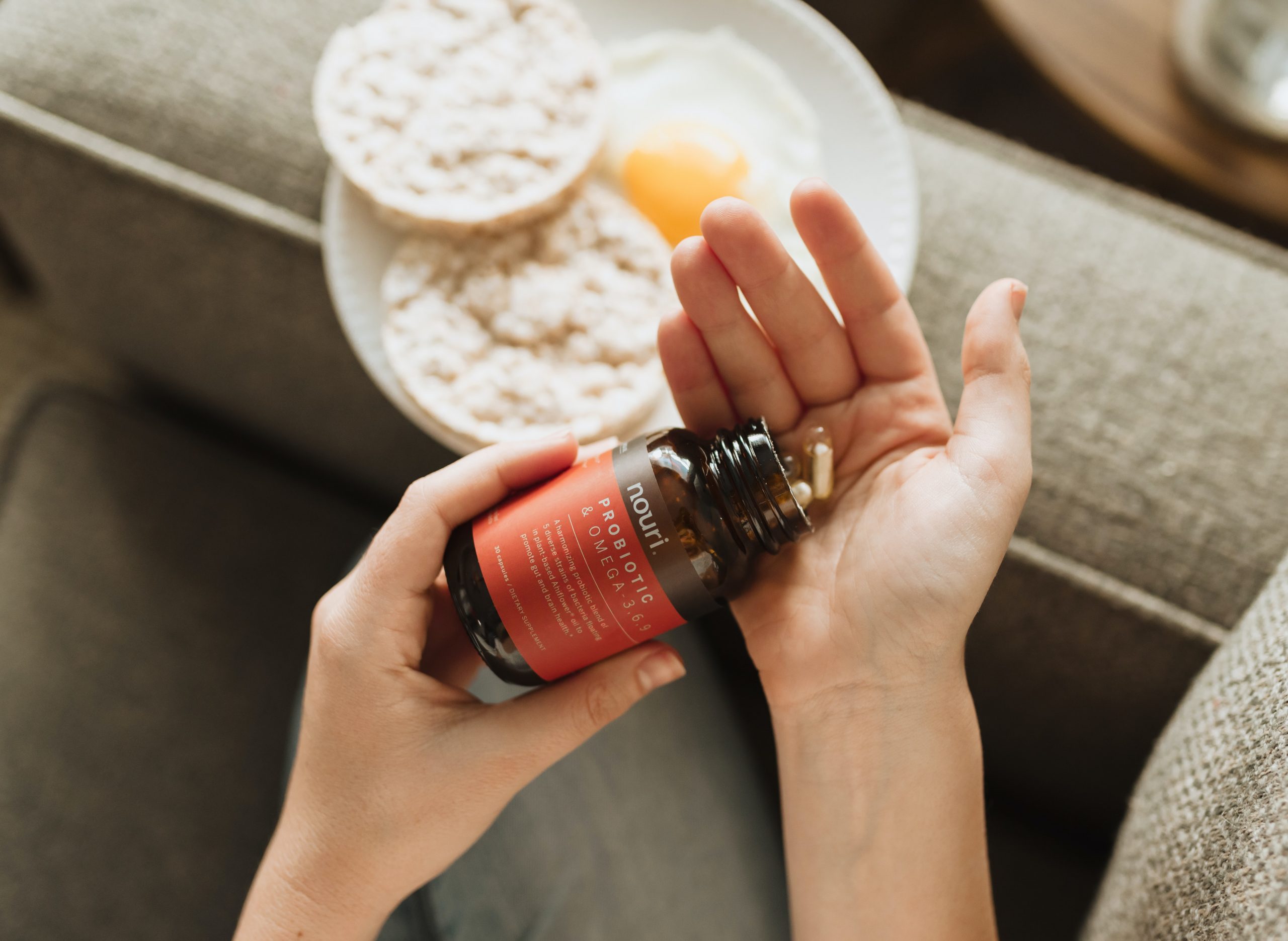Many seniors report taking vitamins and supplements. However, doctors encourage that you should improve your diet to get the best sources of vitamins and minerals. But as we age, we may have decreased appetite or other limitations to consuming all our nutrients from our food. It is noted that some seniors may need more vitamin B12, B6, and folate. Vitamin D is also often recommended because there is a decrease in the way the skin makes vitamin D as we age which can cause a deficiency. Calcium, potassium, and fiber are also slightly lacking in some seniors’ diets.
When it’s difficult, for various reasons to change or improve your diet, a supplement can be a solution. But first, try increasing your calcium and vitamin D by eating dairy foods like milk and yogurt. Lean meat, some fish, and seafood, as well as fortified cereals, have vitamin B12. Fruits and vegetables have potassium and fiber.
If you still believe your diet is lacking appropriate amounts of vitamins, minerals, or nutrients, always talk to your physician first before taking any supplements. They can discuss your eating habits and check your blood work for any deficiencies.


